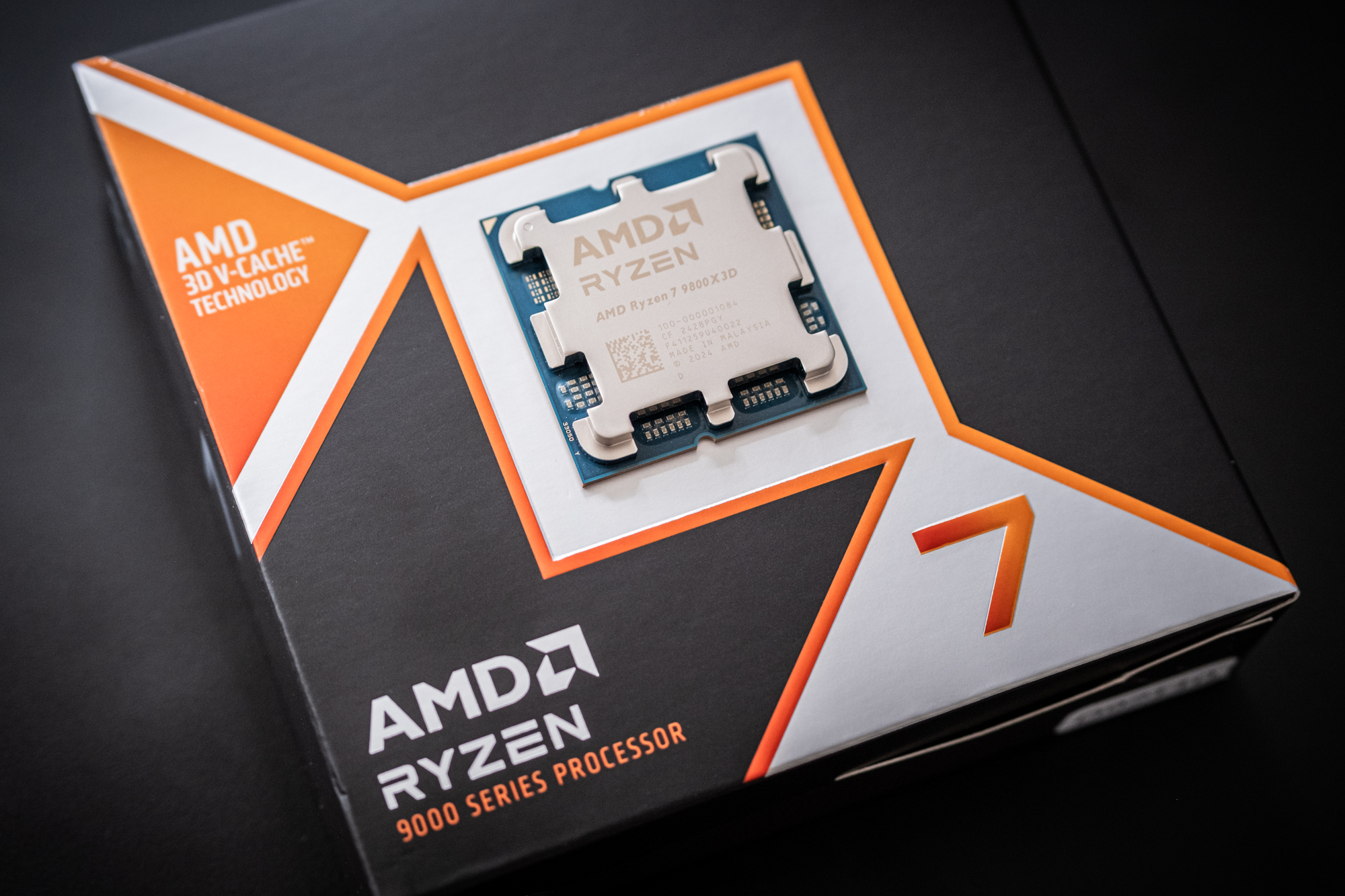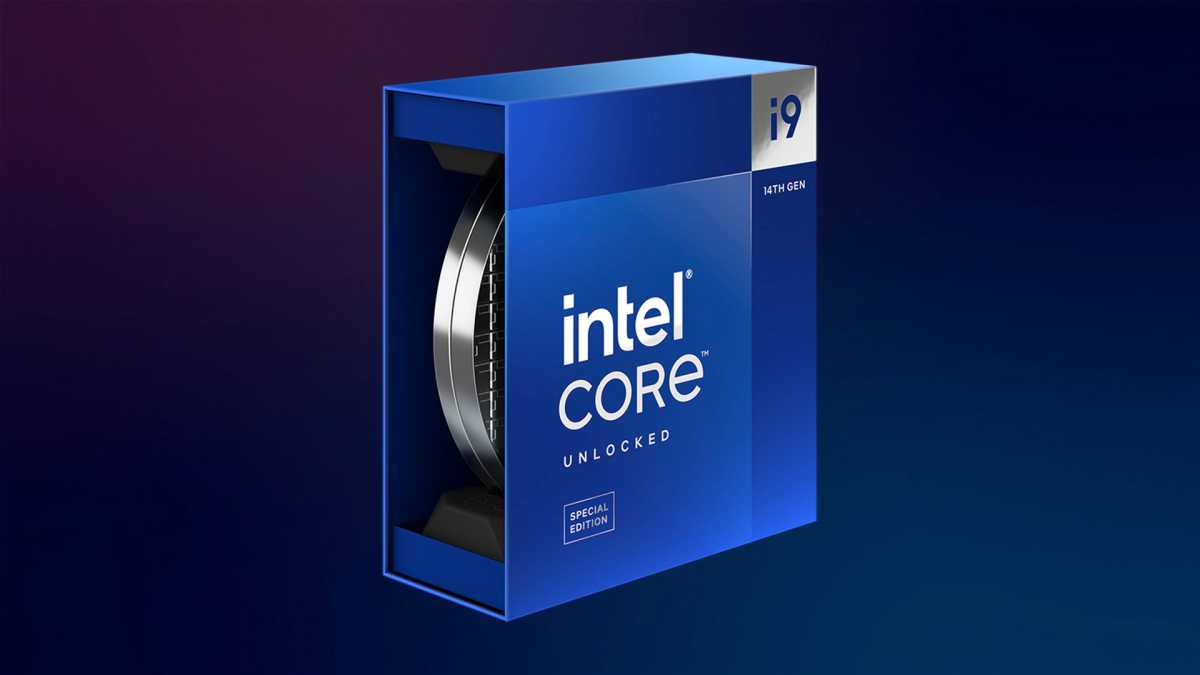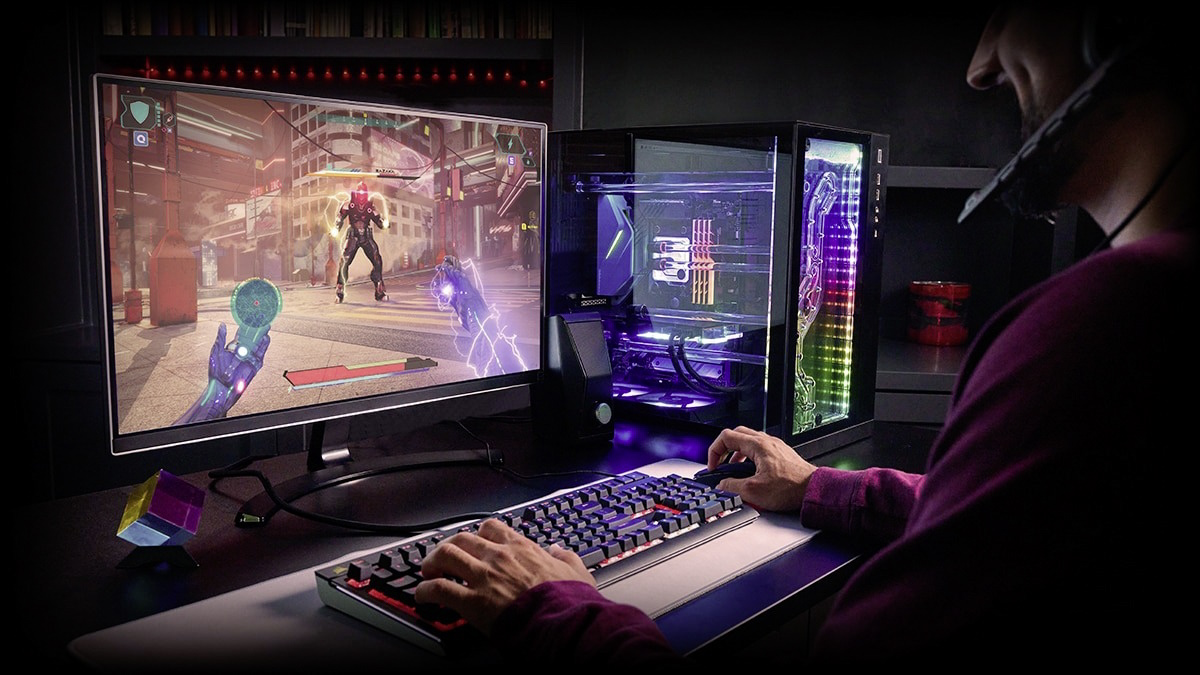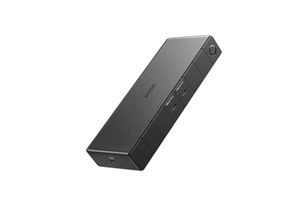Flagship CPUs may be tempting at first glance, especially if you are building a gaming PC where budget is not an issue. However, the small increase in performance compared to less expensive variants does not justify the high price premium in most cases.
One of the main reasons why a flagship processor is often not the best choice is the price. Flagship products are usually overpriced — and CPUs are no different. The price jump from the mid-range to the top segment is often moderate, but you pay a disproportionately high premium for the final step to the top model.
At Intel, for example, the Core i9-14900K costs almost 50 percent more than the Core i7-14700K, while the increase in performance is only minimal. At AMD, the price difference between the individual levels is slightly lower, but even so, the price is much higher than the additional performance could justify.
A look at gaming performance shows that flagship CPUs do not offer a significant advantage. Tests with the Core i9-14900K and the Core i7-14700K show that the flagship processor only delivers around 3 to 6 percent more frames per second (FPS), even though it is significantly more expensive.
Ryzen 7 9800X3D

Similar results can be observed with AMD: The Ryzen 9 9950X offers only minor performance gains over the 9900X, and the difference compared to the Ryzen 7 9700X is barely noticeable in games. If you are looking for maximum gaming performance, you are often better off with a specialized processor such as the AMD Ryzen 7 9800X3D. This processor is not only cheaper, but also outperforms many more expensive models in games.
Flagship CPUs are also only of limited use when it comes to productivity performance. Although they offer slightly more performance here, the additional percentage points of performance in applications such as Cinebench or Blender hardly justify the high price premium. Only those who really need maximum computing power could benefit from a flagship processor. Otherwise, its use is usually excessive.

Intel Core Unlocked
Intel
A flagship processor is simply oversized for many users. If you don’t work in computing-intensive areas or are not a hardcore gamer, you simply don’t need this extreme performance. Most everyday applications and even more demanding tasks such as photo editing or video streaming also run smoothly on mid-range processors.
Another point that speaks against flagship processors is the high cooling requirements, especially for CPUs from Intel. These processors are extremely power-hungry and require powerful cooling solutions that incur additional costs.

Even if you want to maximize performance in games, you don’t automatically have to go for an expensive flagship CPU. Such a processor is only suitable for users who really need maximum performance.
AMD
Furthermore, some high-end models suffer from stability problems that do not occur with less expensive processors. Manufacturers tend to push their top models to the limit and beyond, which can lead to technical problems that don’t even occur with less extreme models.
Ultimately, you should only consider a flagship processor if your job depends on it. For the vast majority of users, they are overpriced, offer no significant performance advantage, require expensive cooling solutions and can even cause problems that don’t occur with cheaper processors.
https://www.pcworld.com/article/2575514/save-your-money-most-pc-gamers-dont-need-a-flagship-cpu.html
Ak chcete pridať komentár, prihláste sa
Ostatné príspevky v tejto skupine

Ever feel like tech support systems are designed to frustrate you, pe

Thunderbolt docking stations are awesome, but they can get fairly exp

We’ve said it before and we’ll say it again: you can never have enoug

If you’ve messed around with Microsoft’s “free” Office web app, you’v

Search, AI, browsers: all three technologies naturally mix together.

A long time ago in a consumer market not so far away, $700 could get

I know you need some extra storage space. Why? Because everyone
